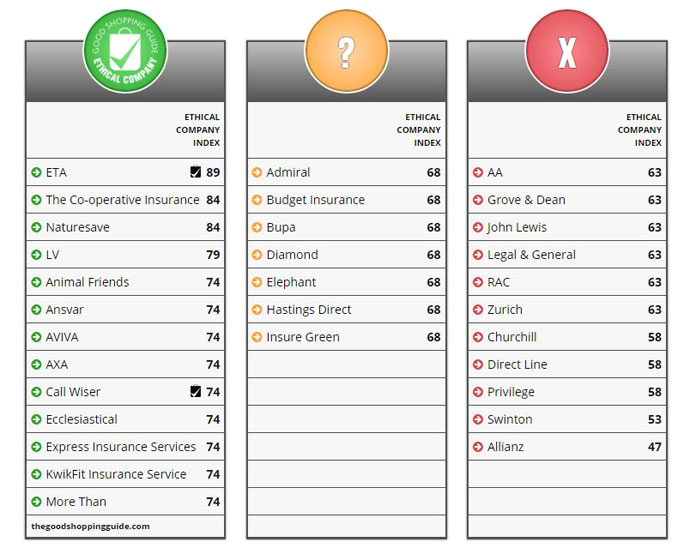
The production and use of biodiesel produces less carbon dioxide than fossil fuels. Well, that’s the theory, and it’s the reason the diesel you fill your car with contains around 5 per cent of the stuff. However, the calculation of how much carbon dioxide produced by burning the fuel in your car is a complex process that’s dependent on how the biodiesel is produced and, just as importantly, wider impacts such as change in land use.
Figures used by the British government, which acknowledge the environmental cost of the production and transport of biodiesel, overlook the effect of land use change associated with biofuel production.
The use of biodiesel for transport was intended to reduce CO2 emissions, but analysis of the European Commission’s latest study on biofuels has found it is set to increase Europe’s overall transport emissions by almost 4 per cent (equivalent to putting around 12 million additional cars on Europe’s roads in 2020). The analysis takes into account the 7% cap on the contribution of biofuels produced from food crops.
The EU study finds that palm, rapeseed and soy-based biodiesel has land-use change emissions that alone exceed the full life-cycle emissions of fossil diesel. The analysis by T&E adds to these figures the direct emissions of biofuels from tractors and fertilisers etc.
Biodiesel from virgin vegetable oil leads to around 80% higher emissions than the fossil diesel it replaces. Soy and palm-based biodiesel are two and three times worse respectively. These biodiesels are the most popular biofuel in the European market and are expected to account for a 58% share by 2020.

2015 data from OILWORLD, industry’s reference for vegetable oils market analysis, shows a 3% increase in the use of palm oil for biodiesel. European biodiesel is now the main end product of imported palm oil, reaching an all-time-high share of 46%. This makes drivers the leading (albeit unaware) consumers of palm oil in Europe.
Jori Sihvonen at T&E said: “If the world consumes as much palm oil biodiesel as Europe does, it will be game over for the world’s rainforests. We need to stop this biodiesel madness and the best place to start is where all began: Europe. We therefore urge the Commission to phase out land-based biodiesel by 2025 and all land-based biofuels by 2030.”
Ethical insurance
The ETA has been voted the most ethical insurance company in Britain for the second year running by the Good Shopping Guide.
Beating household-name insurance companies such as John Lewis and the Co-op, the ETA earned an ethical company index score of 89.
The ETA was established in 1990 as an ethical provider of green, reliable travel services. Twenty six years on, we continue to offer cycle insurance, travel insurance and breakdown cover while putting concern for the environment at the heart of all we do.

Peter Chisnall
Not if you use waste cooking oil!
Paul Lovatt Smith
This ridiculous situation is an example of bad science, driven by commercial interest and ignorance of environmental processes. We can blame the EU scientists for the bad science and industry for their self-interest but when it comes to environmental ignorance I am afraid that most of us are guilty. Why else would only 3% of us buy organically-farmed food?
Anne Thomas
Need to move to electric cars powered by renewables or make sure biofuels are from crop waste/ waste cooking oil etc. need a carbon tax which takes full lifecycle into Account. Just going back to conventional diesel doesn’t solve anything.